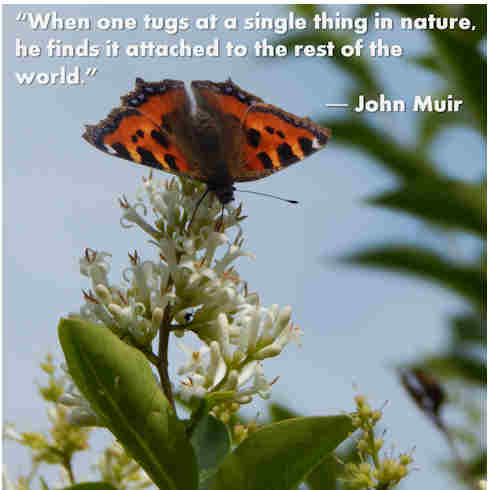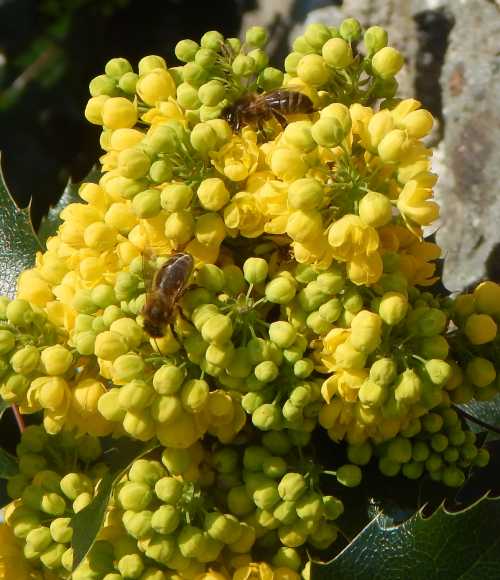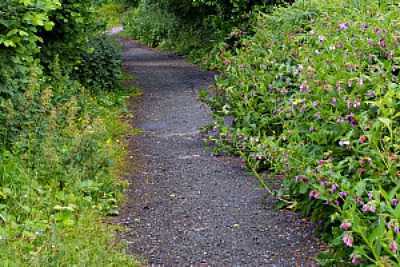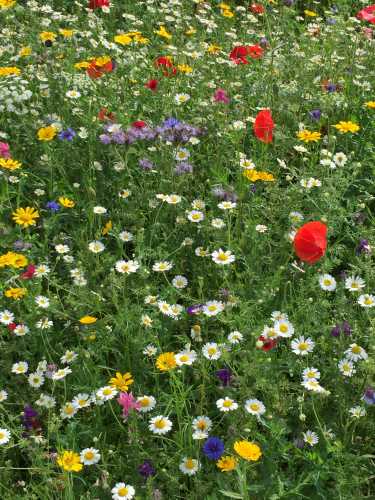John Muir, Conservation And Focus On Interconnectedness Of The Eco-system
The naturalist, John Muir said:
"Handle a book as a bee does a flower, extract its sweetness but do not damage it!"
However, one of his best known quotes, and one which I feel we do well to remind ourselves of is this:
“When one tugs at a single thing in nature, he finds it
attached to the rest of the world.”
― John Muir
So when the other day, I came across an excellent blog by wildsoundscape.co.uk, exploring this very theme, I was inspired to share my own thoughts, as well as the blog I read, and the views I picked out which resonated with me.
Indeed, the blog contained certain themes I touch upon in various pages on this website.

The Interconnected Eco-system And The Importance Of Linking Habitats
The article points out,
“Because of the complexity of the (quite probably multiple concurrent) webs of interactions, 'nature reserves' are unlikely to be effective in the long term - even if they are on a scale that approaches the size of continents - unless we stop considering everything except the rare or scientifically 'interesting' as fair game for exploitation or destruction elsewhere. The 'ecosystem' doesn't stop at the boundary fence of a 'wildlife sanctuary'.”
I completely agree with this statement. Indeed, elsewhere on my website, I point out that fragmented habitats can cause inbreeding in bumble bees, for example.
This is why what we do in our gardens, how we manage verges
and hedgerows, what we do with public land (from parks and gardens, to strips
of land outside council owned buildings etc) – really does matter in the grand
scheme of things. Looking after
eco-systems is not merely a done and dusted job completed by a few nature
reserves dotted about here and there.
Nor is it entirely the job of farmers.
We are all contributing to the eco-system (or not) together.
Species don't exist in isolation
The blogger wrote:
“The point that's been missed is that individual species do not - and indeed mostly cannot - survive naturally in isolation…….. The mesh of interactions is vast and complex, and tampering with it even on a small scale can have quite surprising effects.”
Indeed, and I agree entirely. Even removing a creature we regard as a “pest”
can cause imbalances that might ordinarily be managed in a natural way by the
eco-system itself, if humans were not interfering. And worse, our efforts can even be
counter-productive to our original intended aims.
For example, Adrianna Szczepaniec et al
2011: found that “Neonicotinoid Insecticide Imidacloprid Causes Outbreaks of
Spider Mites on Elm Trees in Urban Landscapes” (You can read more about this theme here). In this particular case, an insecticide was used to kill one pest, resulted in the outbreak of another.
Conservation emphasis on threatened species
To quote the article:
“We must abandon the prevalent narrow emphasis on 'species of conservation concern' and start considering the wider assemblage of ecosystems as the organism - an organism of which we are not the masters but merely a part (albeit in some ways a powerful part).
This is not a call to abandon protection of the rare, but a call to start treating both the rare and the commonplace with equal respect in order to prevent further expansion of the catalogue of the rare.”
Several years ago, I wrote in an article:
“This to me shows that intensive, isolated conservation efforts to save a species from extinction are all well and good, but they don't cut to the route of the problem in the grand scheme of things. We're seeing declines in invertebrates, birds and mammals on farmland - I suspect dousing hectares of land in poison isn't helping, and we need to do something about it!”
I would also add that I abhor any attempt to “normalise”
wildlife and habitat loss, and to address the issue as though it is simply “the way
of things” and an "inevitable trend'" which justifies the sticking plaster
approach mentioned.
So yes, today is a day for remembering the great web of life, and how tugging at a single thing in nature can affect the rest of the world.
The more people on the planet who remember and act on this philosophy, the sooner we can put a stop to a reliance on 'sticking plaster' approaches to conservation, and genuinely protect the planet and its eco-systems for future generations.
You can read the blog here: http://wildsoundscape.co.uk/index.php?itemid=104&catid=15
If you found this page helpful or interesting, I'd really be grateful if you would share it with others - if not this page, perhaps another, such as Gardening For Bees.
Thank you so much :) .


